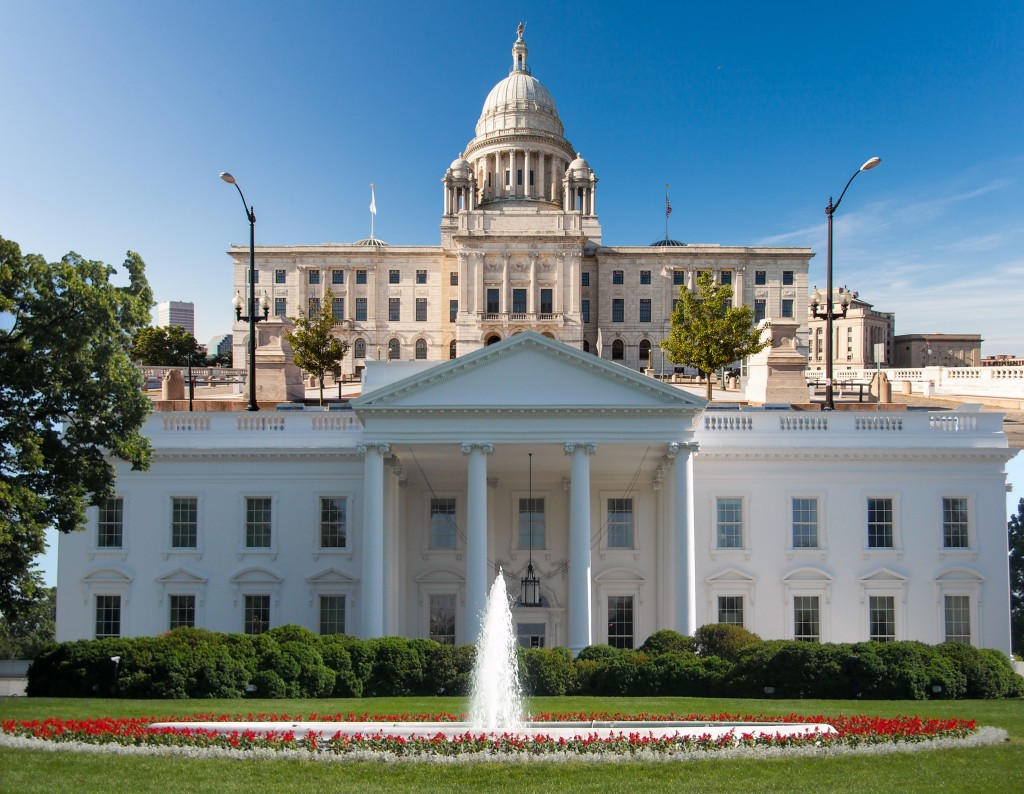I am chronicling the crusades to end marijuana prohibition in the US, while attempting to promote common sense changes that may have been overlooked. In doing so, I’ve discussed two major bills (on local and state levels) introduced during the first quarter of 2015 legislation. Bill H5777 (The Marijuana Regulation, Control and Taxation Act) was introduced to the RI general assembly earlier this month and looks to be building momentum into the initial hearing, which has yet to be scheduled. The other significant bill, The CARERS Act – The Compassionate Access, Research Expansion and Respect States, was introduced in the US Senate and had its House of Representatives companion bill revealed this week. Though individually both bills fail to meet the full support of the various communities within the marijuana reform movement, when viewed as companions to one another, they provide a strong framework for a future end to the war on cannabis.
To demonstrate how both bills relate to one another, let’s examine the CARERS Act, which answers the needs of the various medical marijuana programs on a national scale. This would set precedent over any state-sanctioned regulations and relieve present complications state programs encounter when operating without federal approval. This latest version of the CARERS Act provides the much-needed protection from federal prosecution to allow state programs to facilitate the growing demand for medical marijuana treatment, regulation and research for potential advancements. Of course, individual states will need to allocate the time and resources to perfect state-run medical marijuana programs, but without federal legislation this is a risky (if not futile) venture.
With the medical marijuana battle being fought on the federal level, local governments can focus more on the other three factions of the cannabis reform movement: those against reform, those in support of recreational reform and those who seek to revive the once-booming hemp industry. H5777 will allow the full cultivation of hemp as an agricultural product, repealing over 75 years of discriminative laws that unjustly put the prosperous hemp farmers out of business. On a recreational level, this bill allows adults to possess up to an ounce of cannabis at any one time and cultivate one plant for personal use. Though this is not the “hands off” approach that idealists would prefer, it allows recreational users the ability to consume in a safe, private manner without fear of state-level prosecution.
In response to the moral conundrum, H5777 outlines an abundance of regulations and obligations concerning the RI regulation/taxation program. Not only are there bans on advertising, but 40% of all taxed recreational marijuana will be dedicated to substance abuse treatment, anti-drug education and law enforcement training. There are also a number of articles that detail penalties for underage use, operating under the influence and other moral standards that relate to the proper facilitation of a recreational marijuana program in Rhode Island. These sections hope to discourage “Wild West” scenarios feared as a result of legalized recreational use.
In short, neither of these first quarter bills will provide a magical “cure all” solution to the marijuana debate. There are those who will push toward the extreme of one side or the other, but history (as well as logic) dictates that only through compromise will marijuana legislation be perfected.


